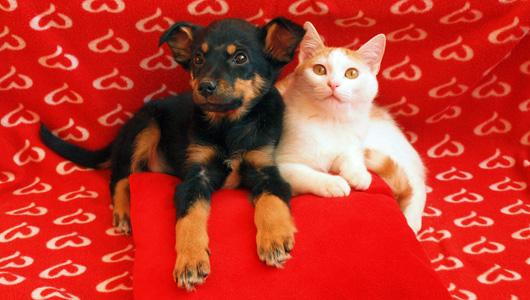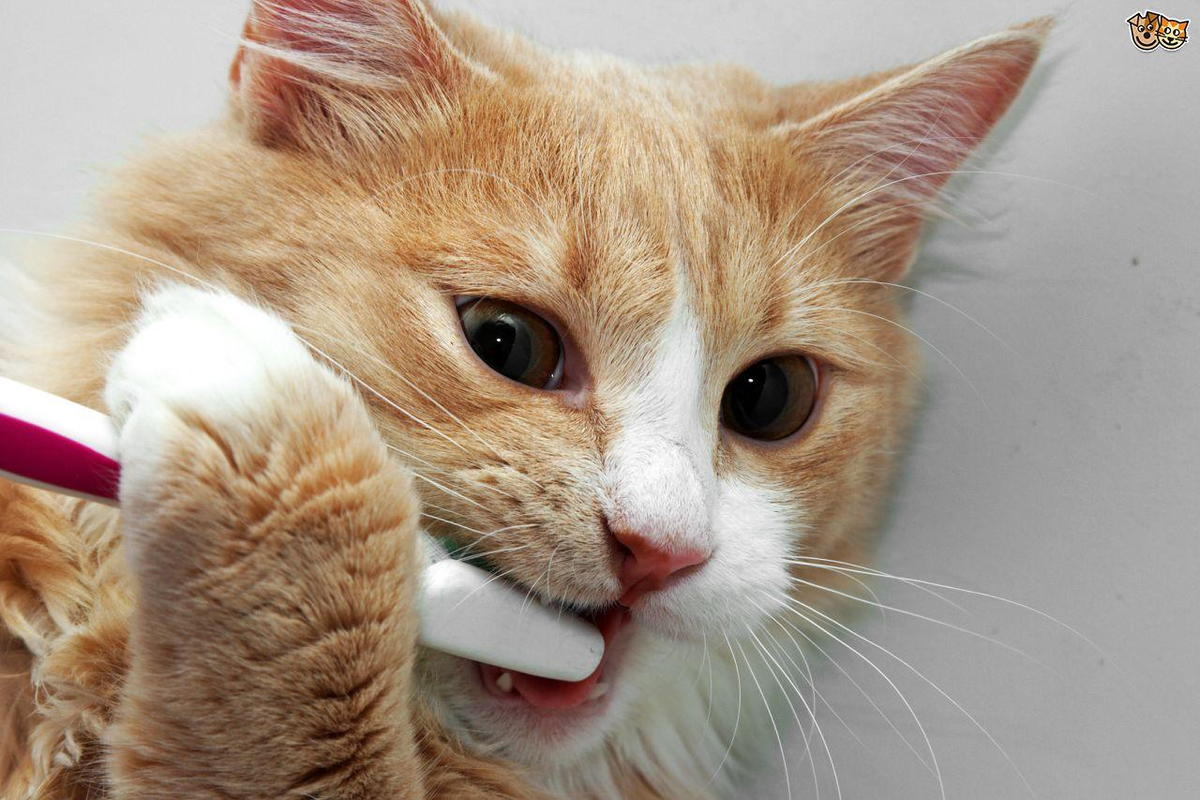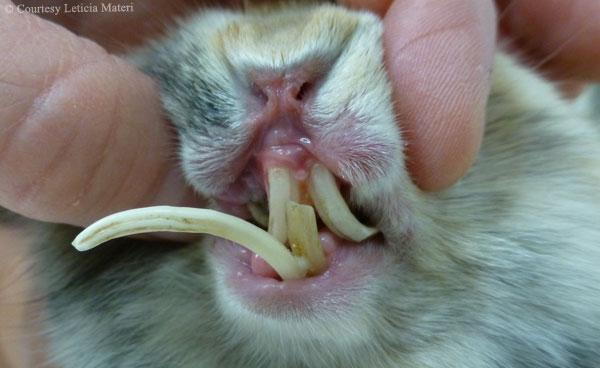|
 Happy Valentine's Day! ❤︎ |

|

|
posted: Jan. 28, 2016.
|
 Happy Valentine's Day! ❤︎ |

|

|
Bellevue
Monday:
8:00 am-6:00 pm
Tuesday:
8:00 am-6:00 pm
Wednesday:
8:00 am-6:00 pm
Thursday:
8:00 am-6:00 pm
Friday:
8:00 am-6:00 pm
Saturday:
Closed
Sunday:
Closed